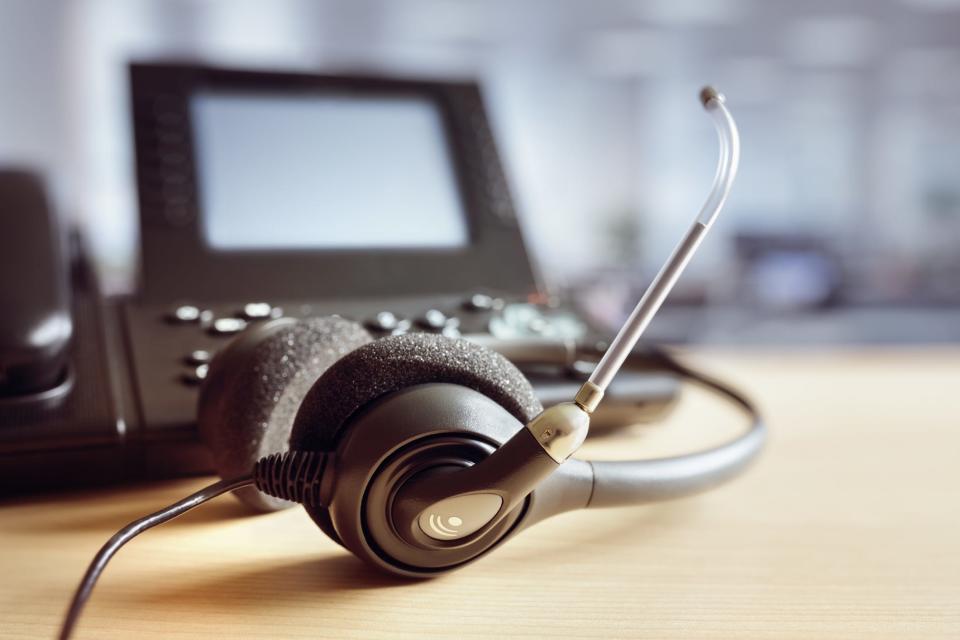Guest column: Why 988 is such a significant first step forward
For years, mental health advocates have pushed for a three-digit number for mental health, substance use and suicide crises. That vision came into reality this past July with the launch of 988, a new three-digit number for anyone experiencing a mental health crisis. The 988 Suicide and Crisis Lifeline replaced the previous Lifeline’s 10-digit number and expanded the capacity to answer urgent calls and connect people experiencing mental health emergencies to mental health professionals.
Q&A:How has 988 line worked in first month in Oklahoma?
These professionals are specifically trained in de-escalating emergencies involving mental illness. The vast majority of crisis calls, about 80%, can be resolved with a call to the 988 line. But, if necessary, 988 can dispatch a mobile crisis team, designed to meet with the caller for further assessment and intervention. The mobile crisis teams are beneficial because they use best practices in suicide prevention and intervention when deployed to treat mental health emergencies as matters of public health.
Additionally, these mobile crisis teams can relieve law enforcement of most of these emergencies. Interactions with law enforcement can not only result in arrest or avoidable hospitalization, but they can also be lethal. The Washington Post’s police shooting database has reported that 21% of people killed identified as having a mental illness, including 43 of 211 Oklahomans.

Municipalities across the country have begun piloting away from the reliance on the presence of law enforcement in these situations, and evidence suggests it can be a positive for the community. In Denver, a 2022 analysis suggests that less serious crimes dropped by 34% when mental health first responders — rather than police — responded to mental health and substance use calls.
Another one of the unique potentials of 988 is its ability to make a significant difference in children and adolescents. Suicide is the second-leading cause of death starting at the age of 10. Disturbingly, it is also in the top 10 causes of death starting at age 5. One can directly text the lifeline, providing another important avenue for youths in distress to connect to a mental health specialist. 988 also provides specialized services for LGBTQ youths, who are more than four times more likely to consider suicide because of ongoing stigmatization and mistreatment in society.
More:Three-digit lifeline: Oklahomans should take advantage of mental health services
988 represents the most transformative federal legislation seen in decades, and it came at an important moment when mental health struggles have reached unprecedented levels. However, funding leaves more to be desired. In 2020, Congress mandated the launch of the 988 emergency number but left its financial support for infrastructure up to the states. Research posted in June by the National Academy of State Health Policy found that over half of the states, including Oklahoma, have not passed some form of funding for the 988 implementation.
Although the Biden administration has allocated an initial $432 million federal investment, it is not enough as an entire, comprehensive national crisis response system. Ultimately, we must reconcile the historically underfunded, fragmented mental health system that frequently struggles with adequate funding, staffing, and insurance reimbursements.
However, we have made progress in destigmatizing and prioritizing mental health, and I remain optimistic for the future. In my own experience, as a participant in the APAF/SAMHSA Medical Student Program, I participated in seminars where young people are excited to learn from the leading experts and policymakers. We discussed critical topics and issues concerning the mental health needs of our communities. These classmates will go on to careers in the public and private sectors, eager to improve the well-being of communities across the country.
The rollout of 988 is not going to be perfect, but 988 represents a significant first step forward. Already in July, the Oklahoma line has responded to over 400 calls. Continuing to improve and invest in mental health will pay off.

Daniel X. Pham is a fourth-year medical student at the University of Oklahoma College of Medicine and is a member of the American Psychiatric Association Foundation/Substance Abuse and Mental Health Services Administration Medical Student Program.
This article originally appeared on Oklahoman: Opinion: 988 is a significant first step forward for Oklahomans

